Product Detail
Product NamemTOR Rabbit mAb
Clone No.SU30-00
Host SpeciesRecombinant Rabbit
Clonality Monoclonal
PurificationProA affinity purified
ApplicationsWB, IHC, IP
Species ReactivityHu, Ms, Rt
Immunogen Descrecombinant protein
ConjugateUnconjugated
Other NamesdJ576K7.1 (FK506 binding protein 12 rapamycin associated protein 1) antibody FK506 binding protein 12 rapamycin associated protein 1 antibody FK506 binding protein 12 rapamycin associated protein 2 antibody FK506 binding protein 12 rapamycin complex associated protein 1 antibody FK506-binding protein 12-rapamycin complex-associated protein 1 antibody FKBP rapamycin associated protein antibody FKBP12 rapamycin complex associated protein antibody FKBP12-rapamycin complex-associated protein 1 antibody FKBP12-rapamycin complex-associated protein antibody FLJ44809 antibody FRAP antibody FRAP1 antibody FRAP2 antibody Mammalian target of rapamycin antibody Mechanistic target of rapamycin antibody mTOR antibody MTOR_HUMAN antibody OTTHUMP00000001983 antibody RAFT1 antibody Rapamycin and FKBP12 target 1 antibody Rapamycin associated protein FRAP2 antibody Rapamycin target protein 1 antibody Rapamycin target protein antibody RAPT1 antibody Serine/threonine-protein kinase mTOR antibody
Accession NoSwiss-Prot#:P42345
Uniprot
P42345
Gene ID
2475;
Calculated MW289 kDa
Formulation1*TBS (pH7.4), 1%BSA, 40%Glycerol. Preservative: 0.05% Sodium Azide.
StorageStore at -20˚C
Application Details
WB: 1:1,000
IHC: 1:50-1:200
Western blot analysis of mTOR on mouse testis lysates using anti-mTOR antibody at 1/1,000 dilution.
Immunohistochemical analysis of paraffin-embedded human breast carcinoma tissue using anti-mTOR antibody. Counter stained with hematoxylin.
Immunohistochemical analysis of paraffin-embedded human kidney tissue using anti-mTOR antibody. Counter stained with hematoxylin.
Immunohistochemical analysis of paraffin-embedded mouse testis tissue using anti-mTOR antibody. Counter stained with hematoxylin.
Immunohistochemical analysis of paraffin-embedded mouse kidney tissue using anti-mTOR antibody. Counter stained with hematoxylin.
The phosphatidylinositol kinase (PIK) family members fall into two distinct subgroups. The first subgroup contains proteins such as the PI 3- and PI 4-kinases and the second group comprises the PIK-related kinases. The PIK-related kinases include Atm, DNA-PKCS and FRAP. These proteins have in common a region of homology at their carboxy-termini that is not present in the PI 3- and PI 4-kinases. The Atm gene is mutated in the autosomal recessive disorder ataxia telangiectasia (AT) that is characterized by cerebellar degeneration (ataxia) and the appearance of dilated blood vessels (telangiectases) in the conjunctivae of the eyes. AT cells are hypersensitive to ionizing radiation, impaired in mediating the inhibition of DNA synthesis and display delays in p53 induction. DNA-PK is a heterotrimeric DNA binding enzyme that is composed of a large subunit, DNA-PKCS, and two smaller subunits collectively known as Ku. The loss of DNA-PK leads to defects in DSB repair and V(D)J recombination. FRAP can autophosphorylate on serine and bind to Rapamycin/FKBP. FRAP is also an upstream regulator of S6 kinase and has been implicated in the regulation of p27 and p21 expression.
If you have published an article using product 48834, please notify us so that we can cite your literature.


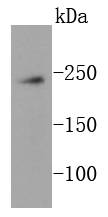
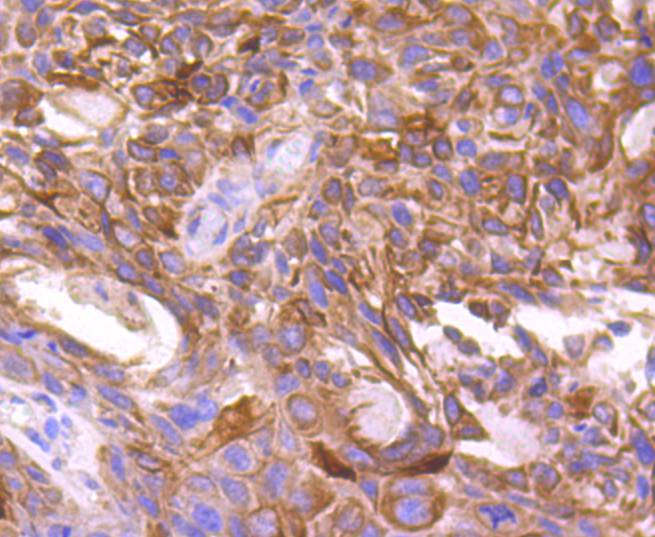
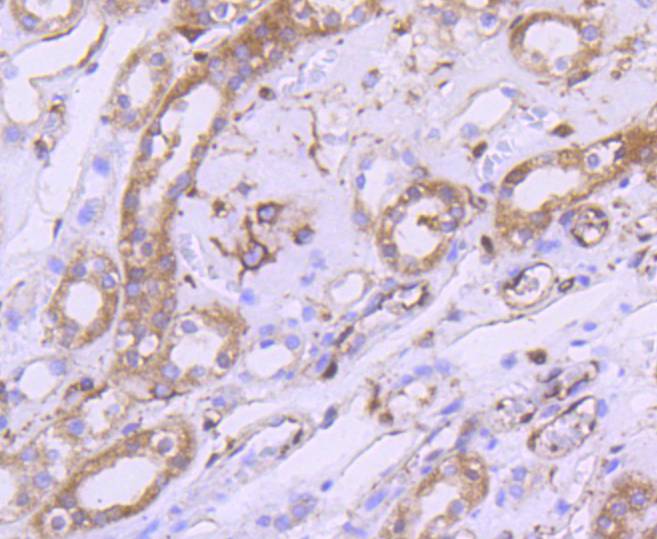
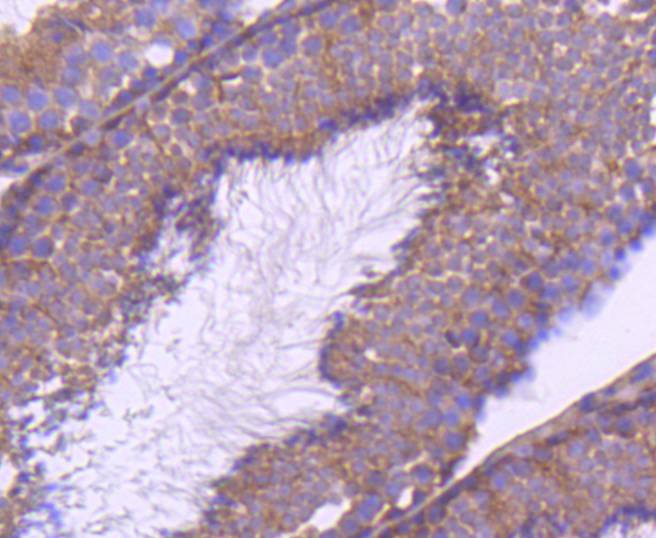
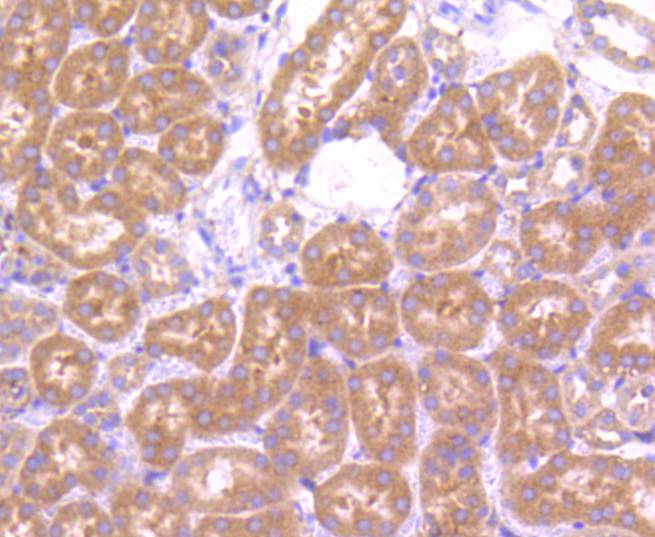
 Yes
Yes



